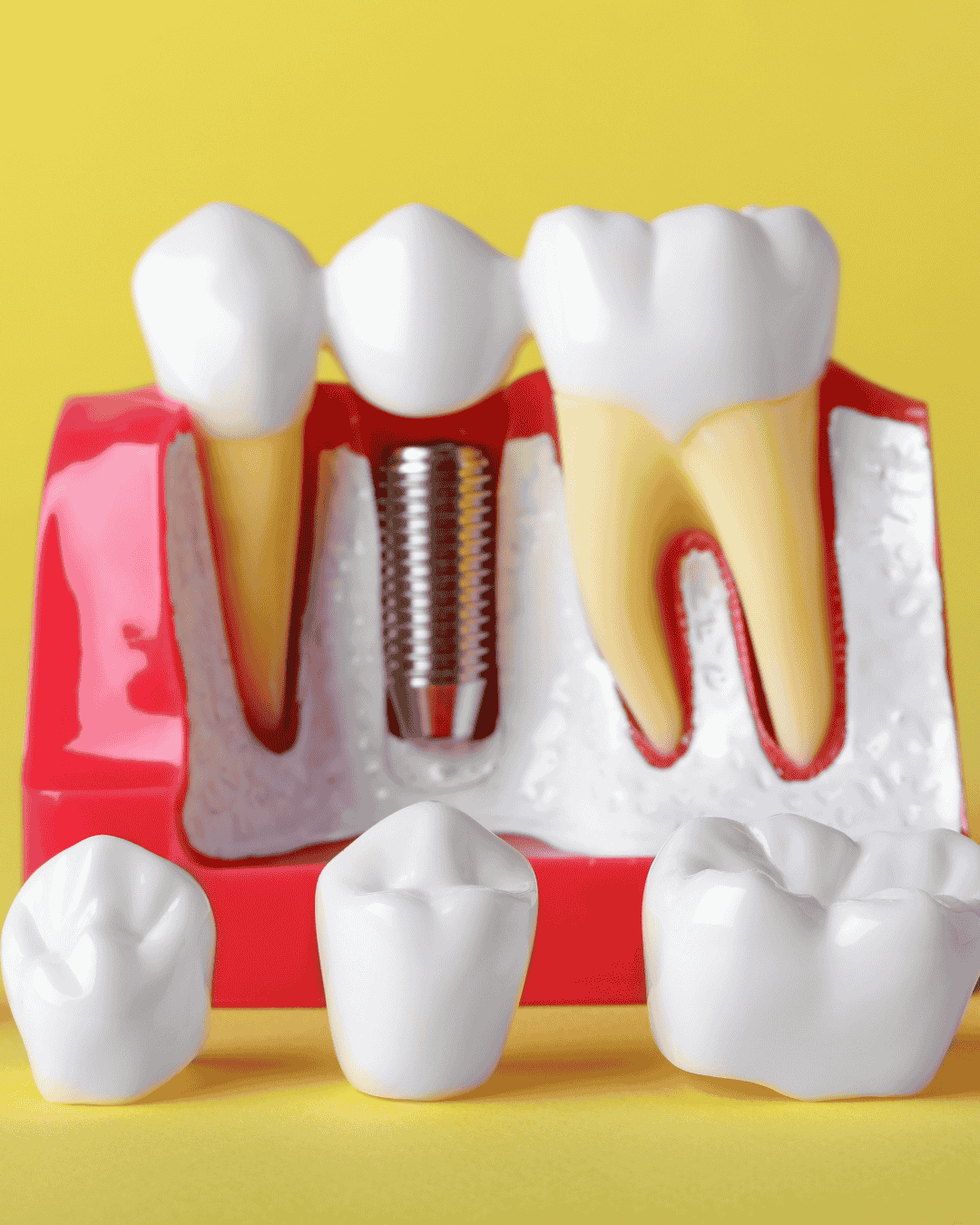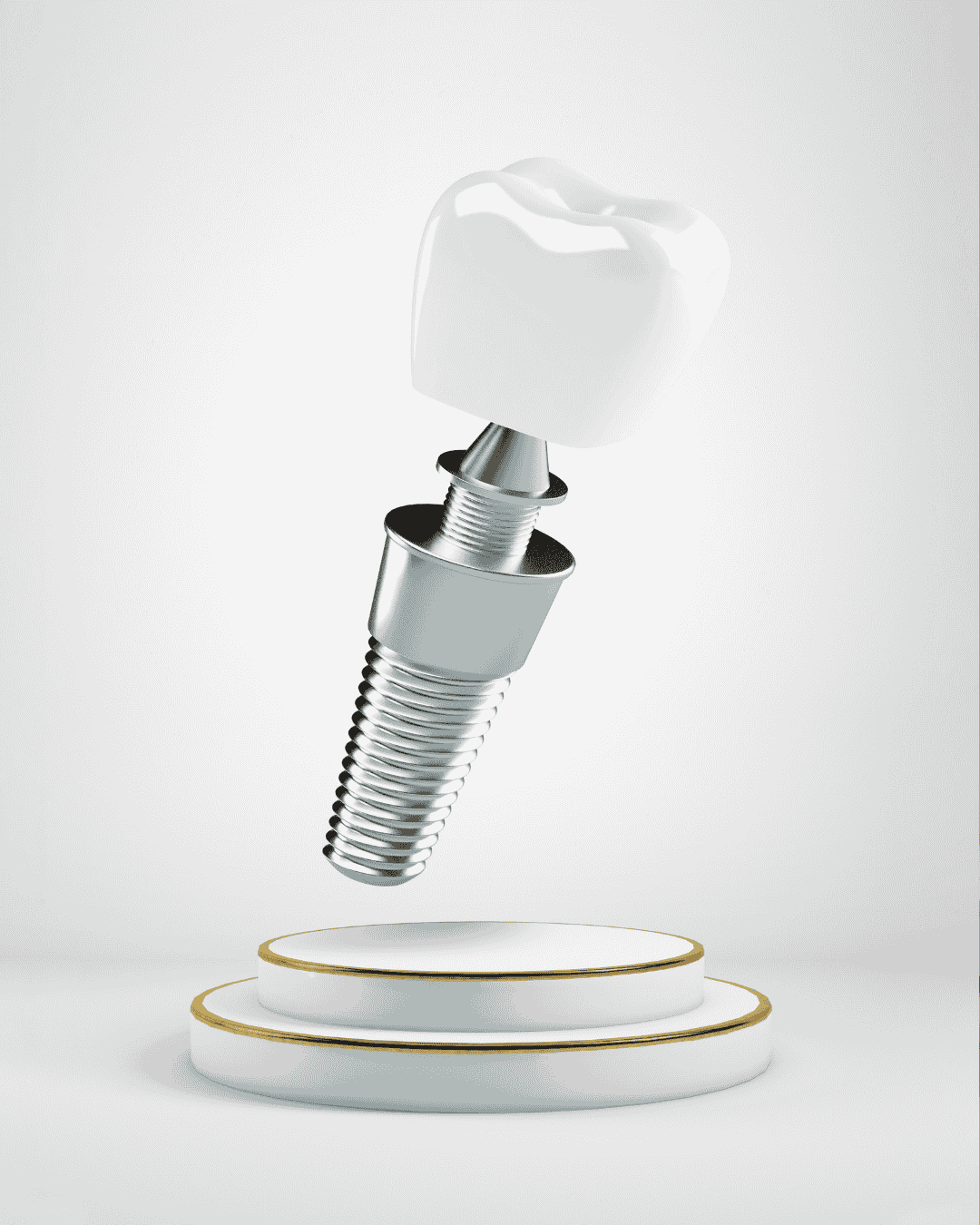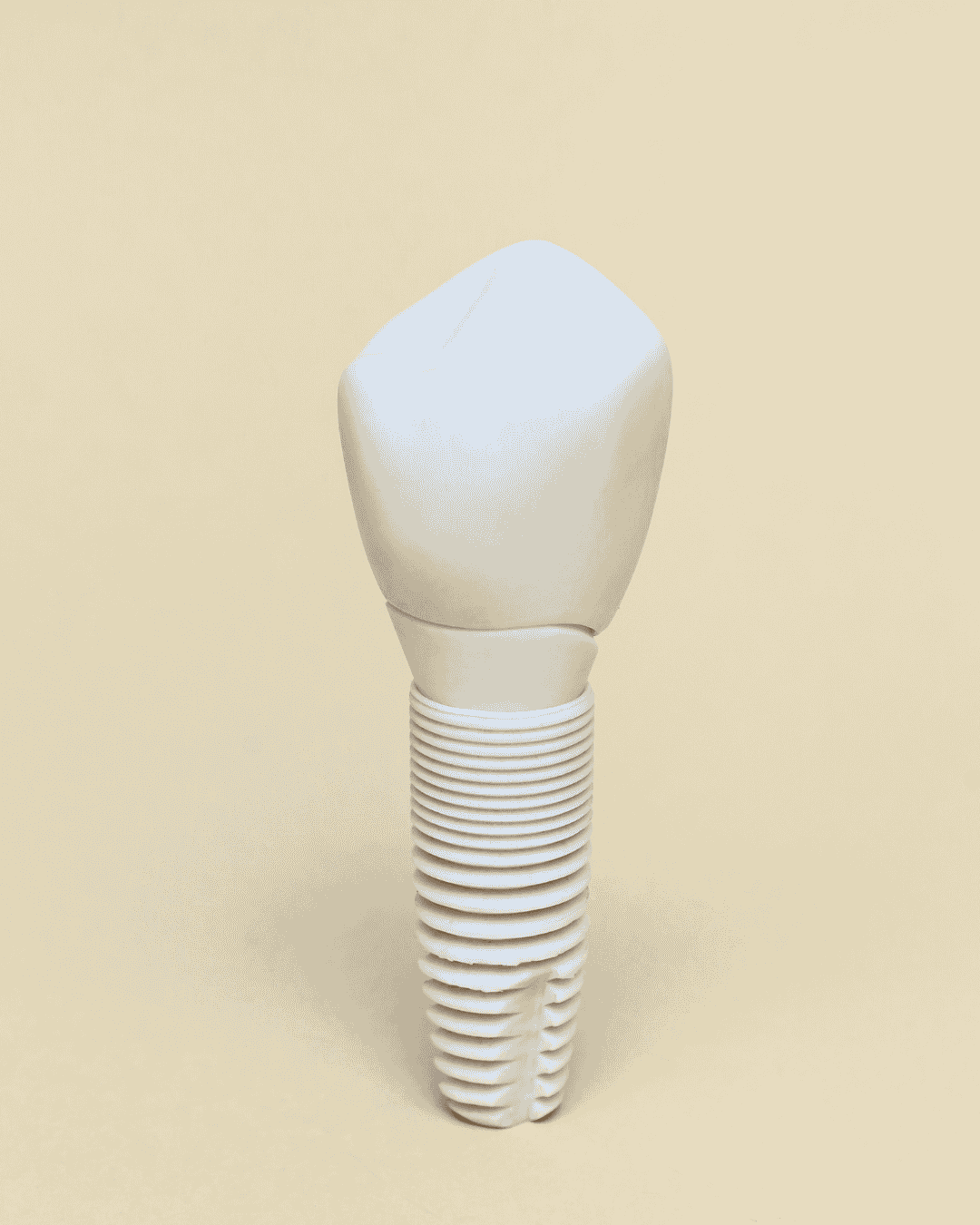Differences Between Implant and Bridge: Which one is more suitable for you?
Tooth loss is an important problem both aesthetically and functionally, and it is of great importance to replace missing teeth for a healthy smile. Implant and bridge methods, which are widely used in dental treatment, are among the most popular options to eliminate this deficiency.
However, in order to decide which one is more suitable for you, it is important to examine the advantages and disadvantages of both options and for whom they are suitable.
What is an Implant?
Dental implants are root-like structures made of titanium that replace missing teeth and are placed in the jawbone. A crown made of durable materials such as porcelain or zirconium is placed on the implant so that it looks and functions like a natural tooth. The outstanding advantages of implants are:
- Natural Look and Feel: Dental implants look and feel like natural teeth. It also offers a long-lasting solution.
- Protects the Jaw Bone: The implant prevents bone loss by stimulating the jawbone where it is placed. Other options do not have this effect.
- No Damage to Neighbouring Teeth: As with a bridge, the side teeth do not need to be shaped, so that the neighbouring teeth remain healthy.
Disadvantages of an implant
- Long Treatment Process: The implant process takes time. It may usually take several months to adapt to the jawbone.
- High Cost: Implants are more costly than bridges.
- Surgical Intervention Required: Since implant placement is a surgical procedure, there are healing process and surgical risks.


What is Dental Bridge?
Dental bridges are prostheses that are fixed by attaching to the natural teeth next to the missing teeth. Since it is a structure that covers two or more teeth, it fills the gap where the missing teeth are located. The main advantages of dental bridges are:
- Treatment in a Shorter Time: It can be completed in a shorter time than implants.
- More Affordable: It is generally more cost-effective than implants.
- Less Recovery Time: Since it does not require surgical procedure, the healing process is shorter and more comfortable.
Disadvantages of the Bridge
- Intervention on neighbouring teeth: When building a bridge, the neighbouring healthy teeth have to be shaped, which can lead to unnecessary weakening of the healthy teeth.
- No Bone Protection Feature: Since it does not directly contact the jawbone like an implant, it does not stimulate the bone.
- Less Durability: Bridges may have a shorter lifespan compared to implants.
Which one is more suitable for you?
There are several important factors to consider when choosing a dental treatment:
- General Health Status: Dental implant requires a healthy jawbone and appropriate bone structure. Individuals with conditions such as diabetes or osteoporosis may not be implanted.
- Budget: Implant treatment can be more costly than a bridge, so your budget may affect this choice.
- Aesthetic Preferences: Since the implant offers the closest solution to the natural tooth, it can be preferred by individuals with high aesthetic concerns.
- Needs and Expectations: An implant offers a longer lasting solution, while a bridge is a faster solution. You can choose according to your expectations.


